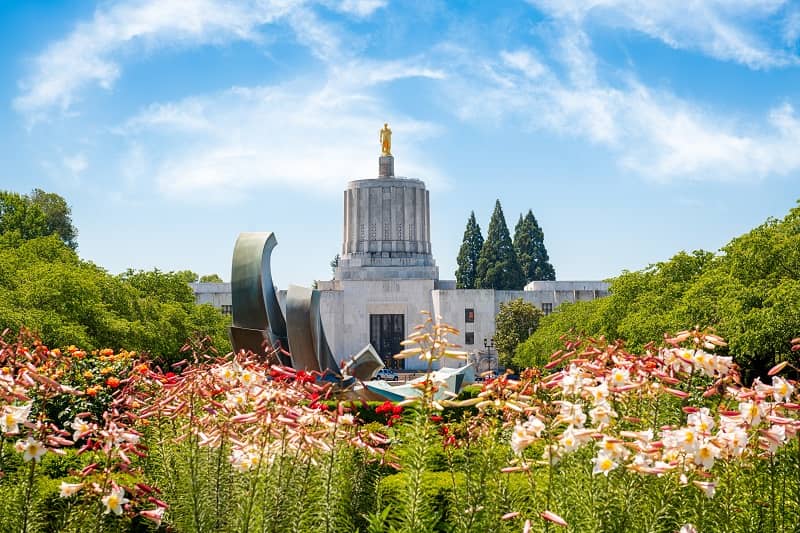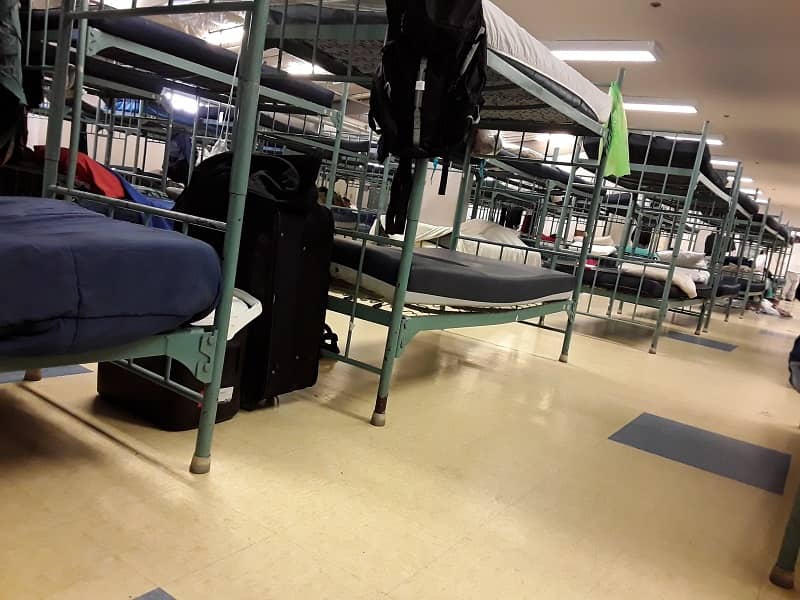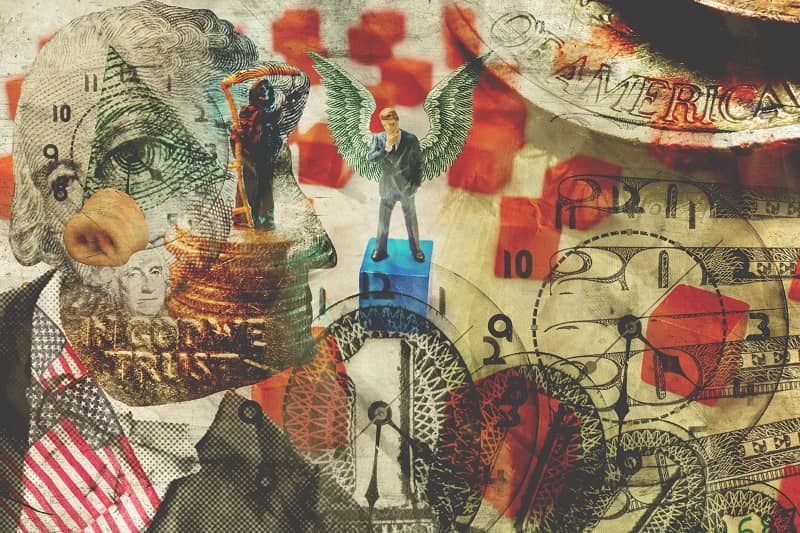By Lauren Hickok
The first installment of director Peter Jackson’s long-awaited film adaptation of J.R.R. Tolkien’s Lord of the Rings prequel, The Hobbit, is now in theaters. Jackson’s gorgeously rendered movie trilogy The Lord of the Rings has given Tolkien fans the joy of seeing the epic story’s “applicability” (a term Tolkien loved) discussed anew in the public square. The Lord of the Rings shares with us some insights into a value dear to the American heart: freedom.
Montesquieu famously wrote, “Countries are well-cultivated, not as they are fertile, but as they are free.” The Shire, home of the Hobbits, is both: self-governed, minimally, in a culture of hearth, home, and pride in cultivating one’s own garden. Hobbits distrust intruders. Though generous with each other, no doubt they would agree that a Hobbit’s hole is his castle.
However, insulation cannot defend home and autonomy against outside threats. In the Rings trilogy (as in The Hobbit), Hobbits sally forth and fight, proactively, for the right to live peacefully at home. Frodo and Sam travel all the way to Mordor, the land of the enemy, to save the Shire. In The Two Towers, when Merry and Pippin debate whether to give up and go comfortably home, Merry realizes that if Mordor is not challenged, “there won’t be any Shire.”
Mordor is an icon both of slavery and of infertility, a black wasteland where every will is subjugated to an eye that can penetrate minds. In Mordor as in George Orwell’s 1984, the enemy Sauron, the Big Eye, is always watching you. Sauron’s influence would lay waste the Shire, too. Totalitarianism consumes both the free peoples and, symbolically, the lands in its path.
The striking ugliness of Mordor, while symbolizing evil, is also a direct consequence of the suppression of freedom. Beauty is the domain of creative individuals. Because no one tends his or her own garden, the earth goes disregarded. Because no one takes pride in his own work, the mass-produced armor of Mordor’s Orc army is ugly and rough. Hobbit farmers and Elf craftsmen achieve excellence by doing their work with care, love, and pride. In Mordor only the design of Sauron has value, and he desires domination of mind and will.
Loss of individual livelihood breeds loss of respect for individual personhood. Thus the Lieutenant of Barad-dûr, “the Mouth of Sauron,” has forgotten his own name. Under the power of the Ring, Sméagol (Gollum) also loses his individuality, referring not to himself but to “us, Precious.” In a striking juxtaposition, the nine Nazgûl, servants of Sauron, are all faceless, clothed in black like the monotonous landscape of Mordor, while the nine members of the Fellowship of the Ring colorfully represent all the free peoples of Middle-earth, bound together by friendship, not by coercion.
Perhaps the most profound insight of Rings is that self-government requires governance of self. Freedom is not license. To be free you must exercise control over your own will, which often means doing what you would rather not and expressing your individuality in solidarity.
Throughout The Lord of the Rings, the salvation of Middle-earth’s freedom requires sacrifice. Frodo leaves home to face unimaginable horrors. Sam follows him with unflagging loyalty. Gandalf surrenders his life for his friends in Moria, dramatically increasing his power. Galadriel rejects the temptation to claim the Ring for herself; Faramir rejects keeping it for his father’s kingdom. Elves sacrifice their immortal lives to help Men achieve victory at Helm’s Deep. Arwen gives her “life’s grace” first to save Frodo (in the film) and finally to protect Aragorn. Théoden must conquer his resentment to come to Gondor’s assistance. If one person takes the Ring for himself, the entire free world will fall—the Ring even enslaves the wearer.
Finally, I assume I spill no secrets by mentioning that the king returns. Limited interference and mutual respect characterize his rule. Gandalf tells Butterbur that the new king will rebuild the old road. “It will be good for business, no doubt,” the innkeeper replies, “so long as he lets Bree alone.” Gandalf replies that the king loves the town and will do so.
This only scratches the surface. Read Tolkien’s books, see Jackson’s film adaptations, and discover for yourself how the theme of freedom permeates the fascinating story voted the greatest book of the 20th century.
Lauren Hickok is a guest writer for Cascade Policy Institute, Oregon’s free market think tank. She has a BA in mathematics and music from the University of Portland and works as an actuary.











